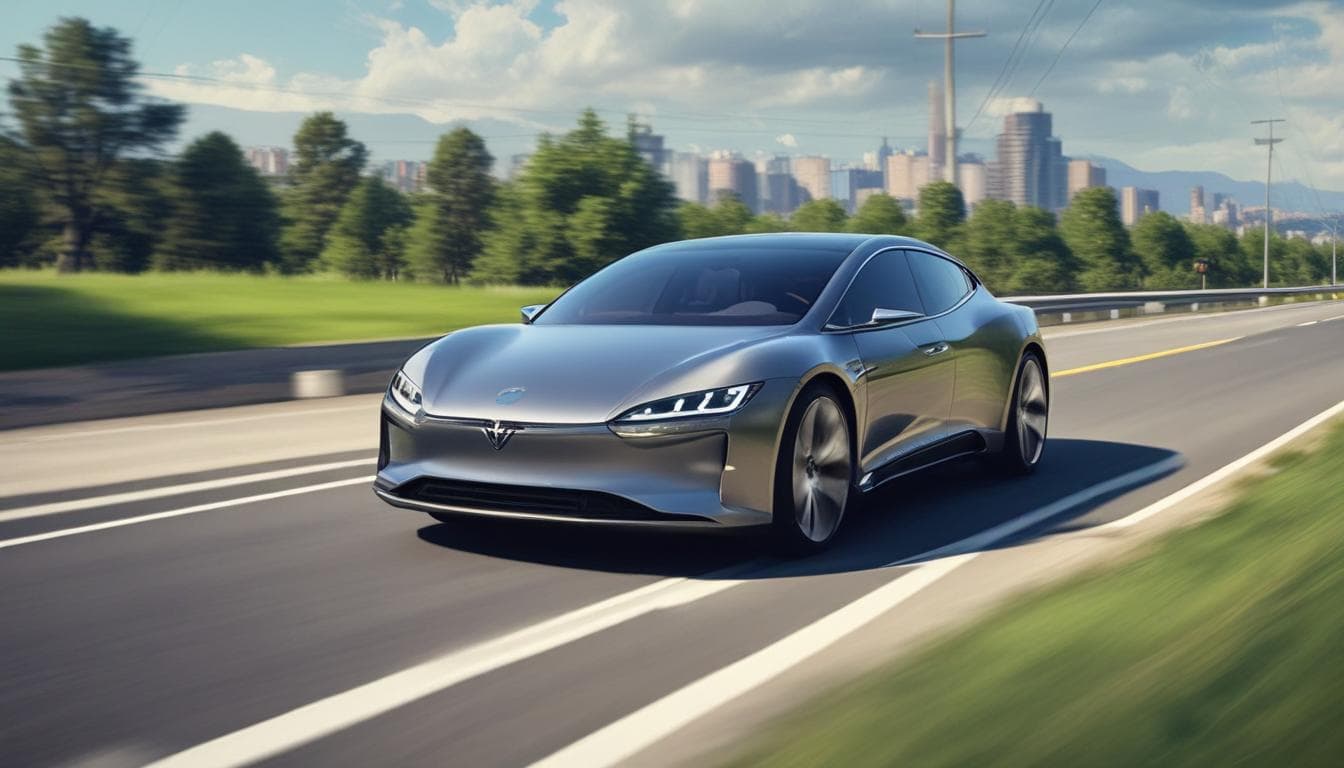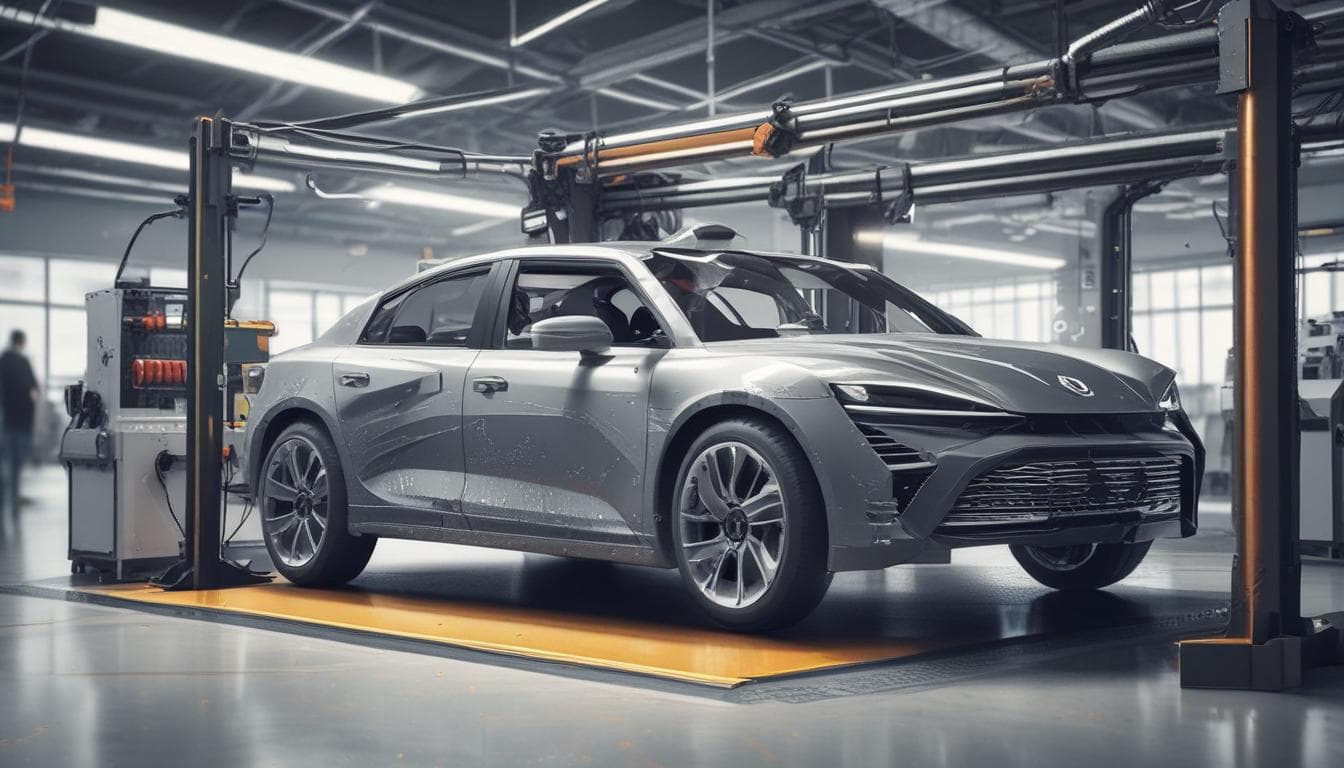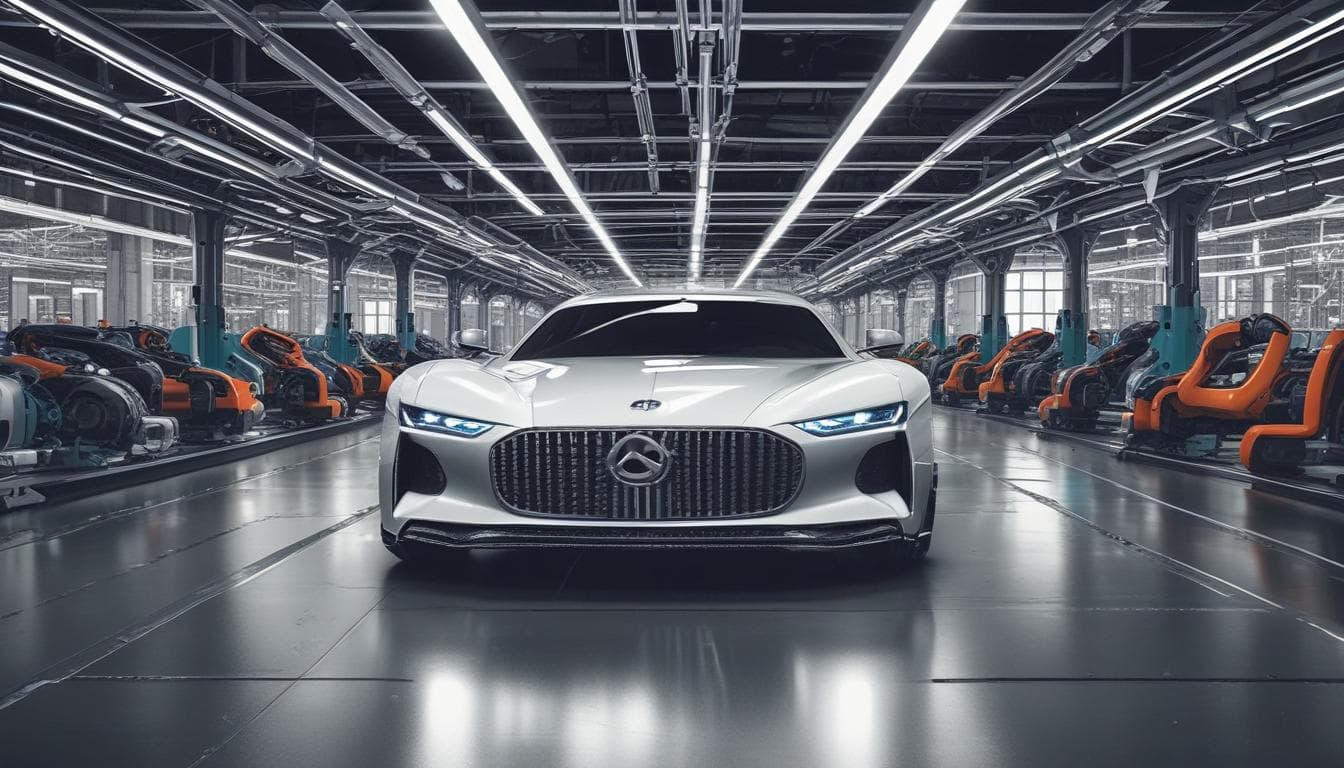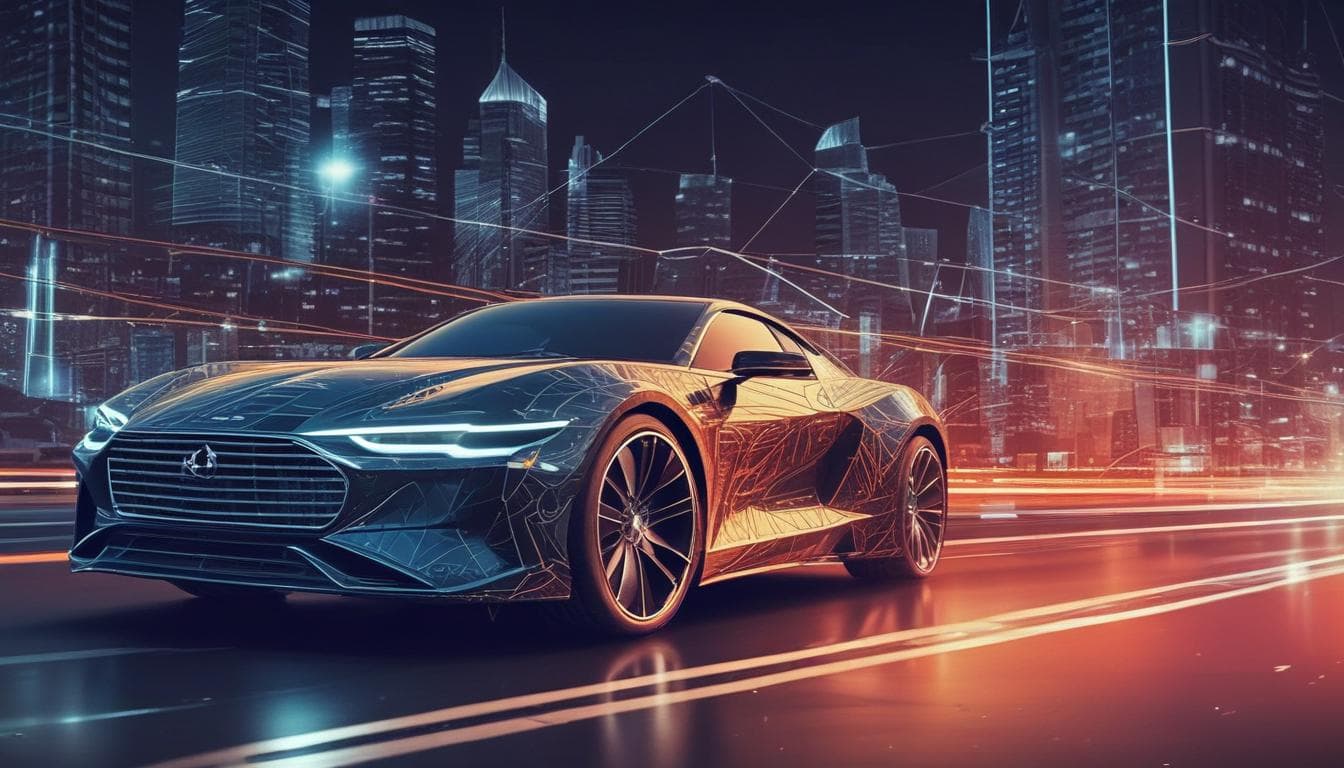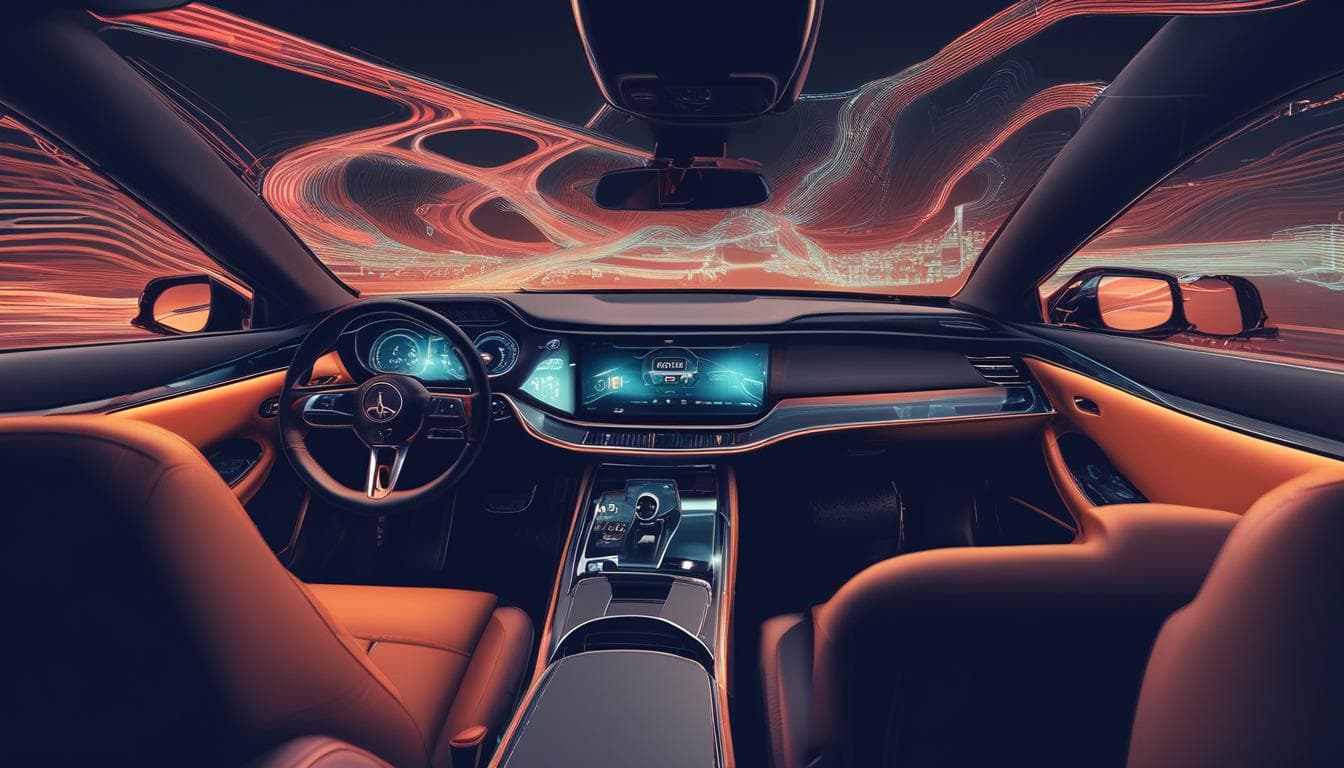The automotive industry is undergoing a profound transformation, driven by the rise of electric vehicles (EVs). This shift represents not merely a technological advancement, but a fundamental reshaping of transportation, energy consumption, and urban planning. This article explores the multifaceted impact of EVs, examining the technological innovations, economic implications, environmental benefits, and societal adjustments that accompany this electric revolution.
Technological Advancements Driving the EV Revolution
Battery Technology and Performance
EV performance hinges critically on battery technology. Advancements in battery chemistry, energy density, and lifespan are key to extending driving range, reducing charging times, and improving overall efficiency. Lithium-ion batteries currently dominate the market, but ongoing research into solid-state batteries, lithium-sulfur batteries, and other alternatives promises even greater energy storage, faster charging, and enhanced safety. 
Charging Infrastructure Development
Widespread EV adoption necessitates a robust charging infrastructure. The availability of fast-charging stations along highways and in urban areas is crucial for alleviating range anxiety and ensuring convenient charging options for EV owners. Furthermore, advancements in smart charging technologies, such as vehicle-to-grid (V2G) systems, can optimize energy distribution and integrate EVs into the power grid. 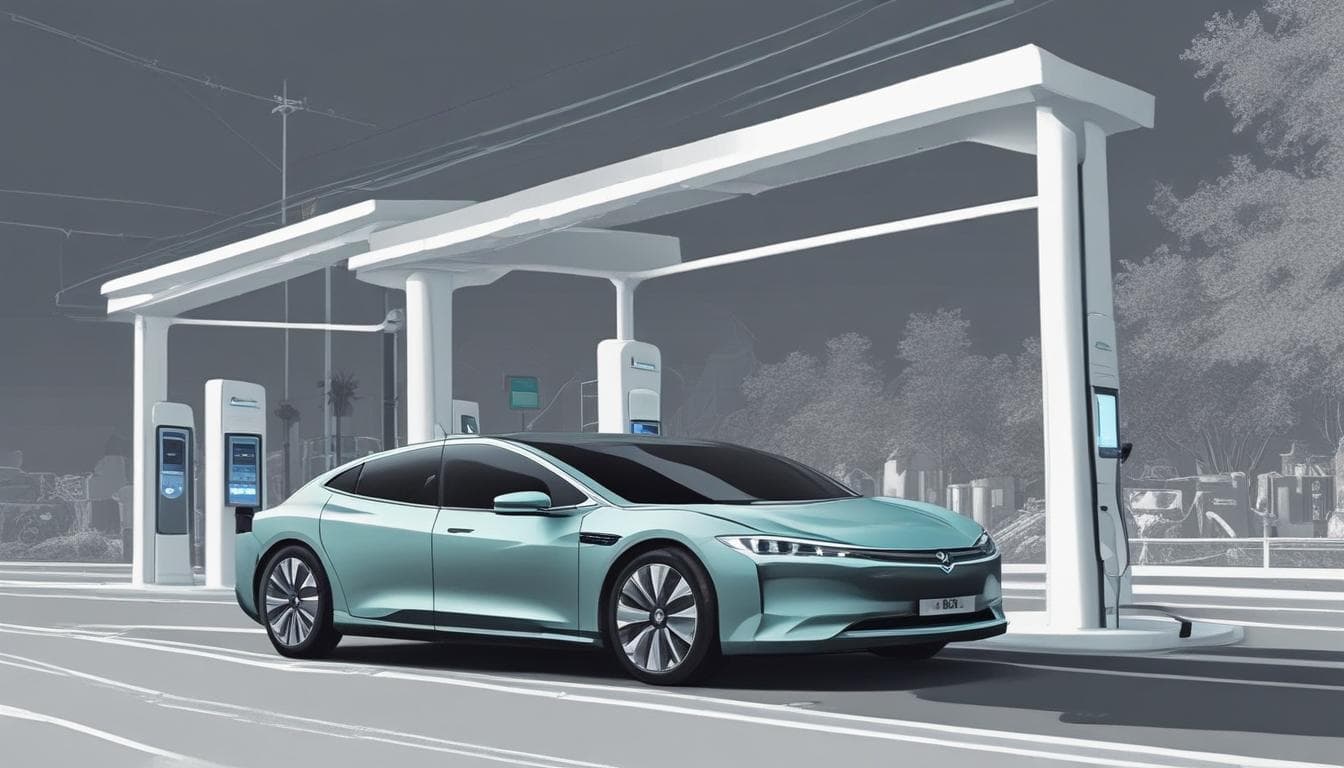
Economic Impacts of the EV Transition
Automotive Manufacturing and Supply Chains
The shift to EVs is reshaping automotive manufacturing and supply chains. Traditional automakers are investing heavily in EV production, while new players are entering the market. The demand for smart materials in automotive , electric motors, and other EV components is creating new opportunities for suppliers and driving innovation in materials science and manufacturing processes. 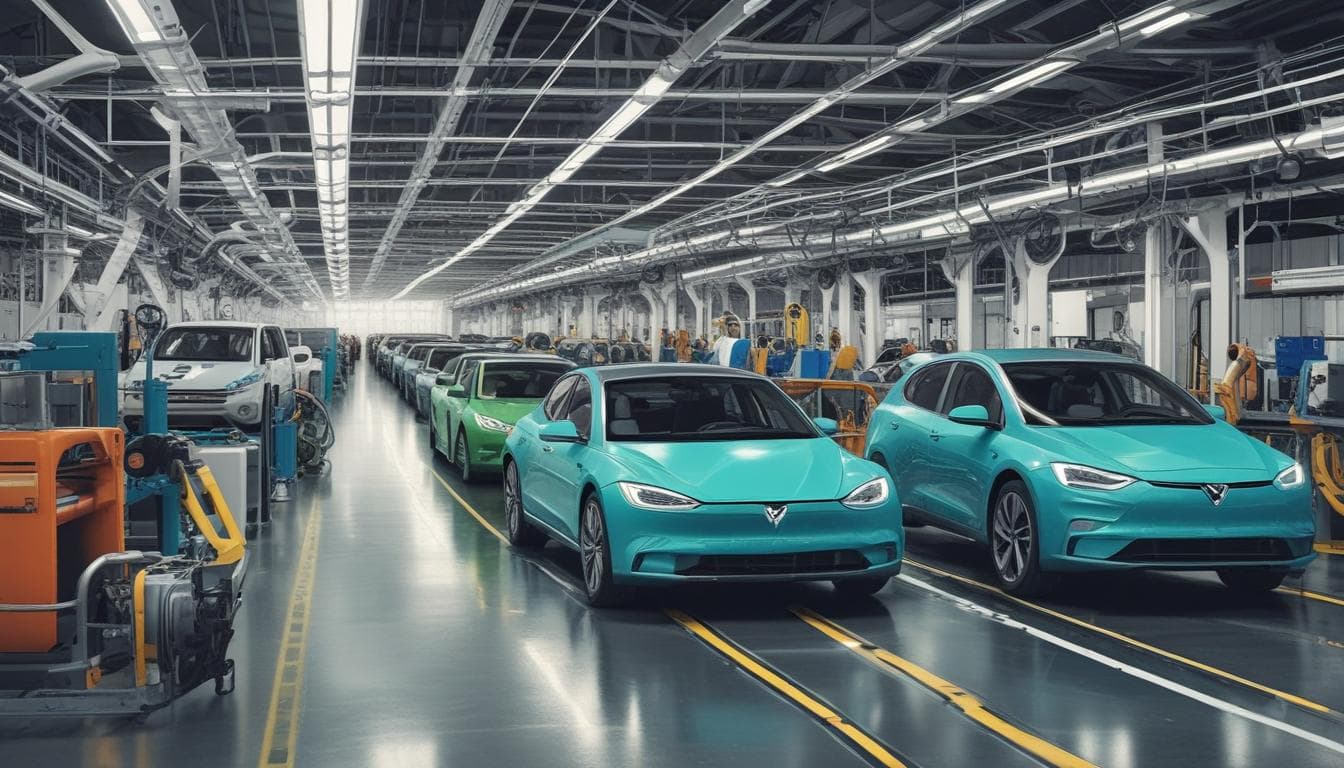
Job Creation and Economic Growth
The EV industry is a source of job creation, with opportunities emerging in manufacturing, research and development, infrastructure deployment, and related services. The transition to EVs can also stimulate economic growth by reducing reliance on fossil fuels, fostering innovation, and creating new markets for clean energy technologies. 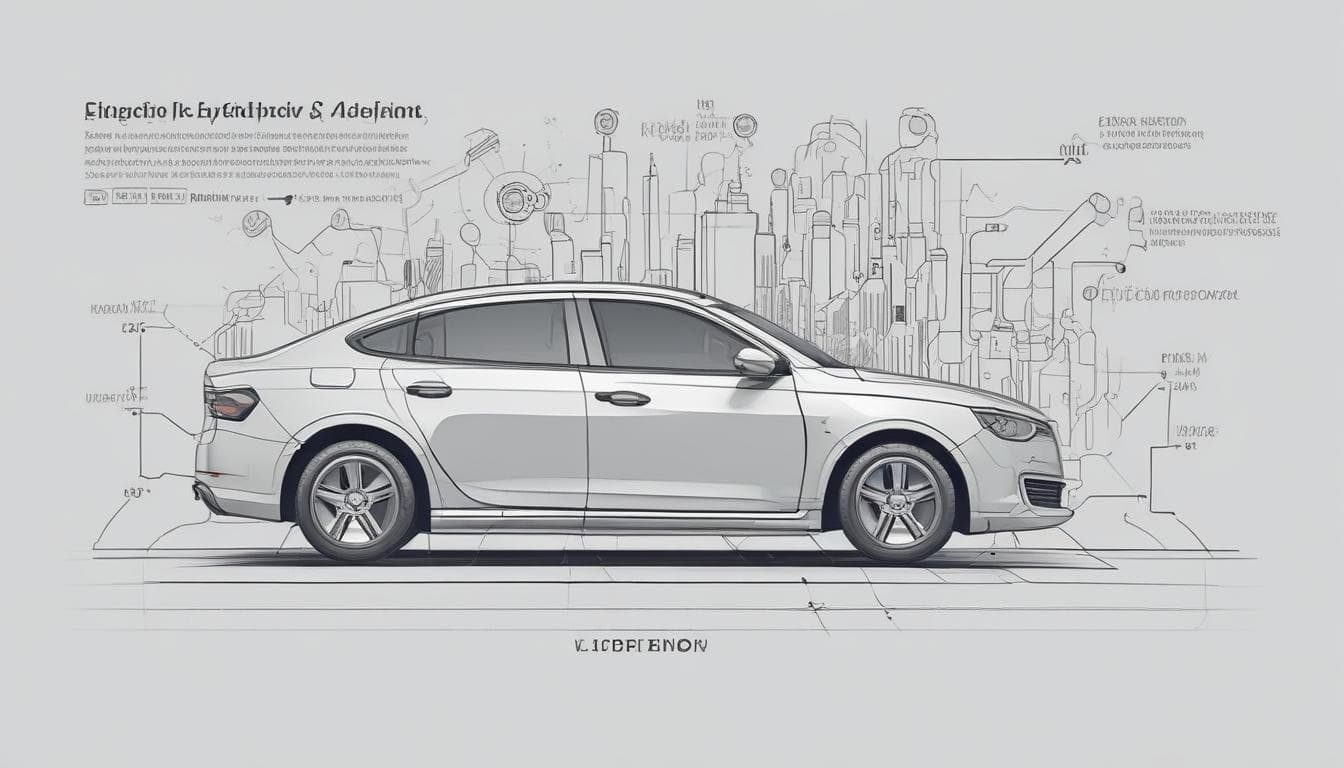
Environmental and Societal Implications of EVs
Reducing Greenhouse Gas Emissions
EVs offer significant environmental benefits by reducing greenhouse gas emissions from transportation, a major contributor to climate change. By transitioning to electric power, EVs can help mitigate air pollution and improve urban air quality.  The move towards using more sustainable practices, such as the circular economy's impact on the automotive industry, is important.
The move towards using more sustainable practices, such as the circular economy's impact on the automotive industry, is important.
Urban Planning and Transportation Systems
The rise of EVs is influencing urban planning and transportation systems. Cities are adapting by installing charging infrastructure, promoting EV adoption through incentives, and integrating EVs into public transportation fleets. The development of autonomous driving technologies further enhances the potential of EVs to transform urban mobility.  The integration of EVs and IoT is also transforming the automotive landscape.
The integration of EVs and IoT is also transforming the automotive landscape.
Conclusion
The electric vehicle revolution is transforming the automotive industry and reshaping the future of transportation. Technological advancements, economic shifts, environmental considerations, and societal changes are converging to accelerate the transition to electric mobility. While challenges remain, the continued development of battery technology, charging infrastructure, and supportive policies will pave the way for a cleaner, more sustainable, and technologically advanced transportation system. The impact of sustainable practices on the automotive sector is becoming ever more prevalent. The future of mobility is electric, and the automotive industry is embracing the change. Join the conversation and share your thoughts on the future of EVs in the comments below.
